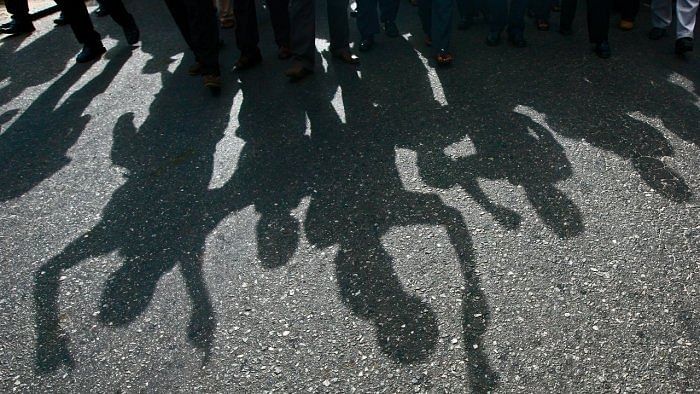
At least 30 cases of moral policing have been registered since 2019 in Karnataka’s coastal region, which is known to be communally sensitive, according to government data.
This includes the cases in Mangaluru city, Dakshina Kannada, Uttara Kannada and Udupi.
The highest number of cases were registered in Dakshina Kannada (12), followed by Mangaluru city (11). While six cases have been registered in Udupi, two cases were reported from Uttara Kannada, adding up to 31 cases in all, according to Home department data tabled in the recently concluded legislature session.
Home Minister Araga Jnanendra laid the data in response to a question raised by JD(S) MLC B M Farooq. The government stated that cases against moral policing are being registered wherever such incidents have been reported.
“The local police are creating awareness among the public and directions have been issued to the police to register cases wherever they are reported,” Jnanendra stated.
That apart, police are interacting with leaders of various local organisations and creating awareness against moral policing. They are also tracking the movements of “communal goondas,” Jnanendra stated.
However, the government data does not reflect the ground reality. The coastal region sees such cases regularly, Farooq told DH.
“The government officially takes cognisance of only those incidents that get wide media attention. A majority of the incidents go unreported owing to local political pressure,” he said.
Moral policing has become a huge deterrent for IT industries to set up shop in coastal districts, as youngsters do not want to work in such an atmosphere, Farooq added.
In one such incident of moral policing in December 2021, the Mangaluru police arrested at least four people for alleged harassment of two college students belonging to different faiths. The students were accosted when they were travelling in a bus and were made to get down mid-way.
Related data tabled by the government showed that as many as 63 cases of communal incidents have been registered in the state since 2019.
